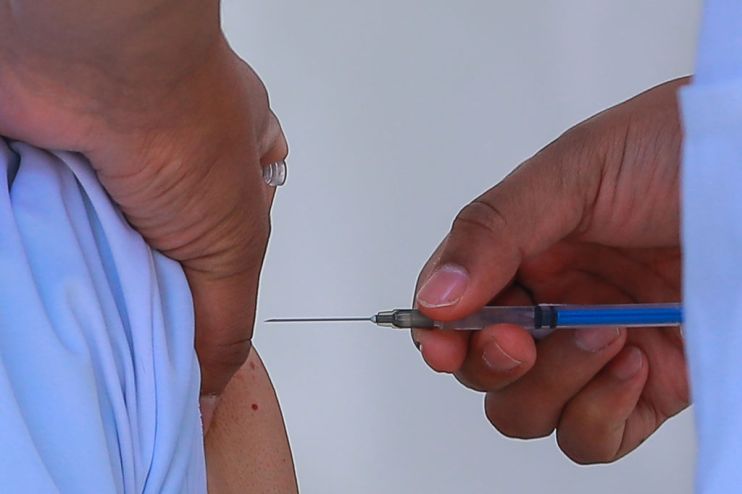Cheaper jabs for developing world as WHO approves rollout of Astrazeneca vaccine

The World Health Organization has given emergency approval for the AstraZeneca vaccine for worldwide rollout.
This latest development brings relief to low-income countries in sub-Saharan Africa and elsewhere, which will now be able to better afford vaccines to inoculate their population.
This is because the vaccine is $16 cheaper than Pfizer BioNtech to produce at only $4 per dose on average.
The UN health agency made the announcement following its recommendation for administering doses between 8 to 12 weeks.
The Astrazeneca vaccine is also easier to distribute than its competitors such as Pfizer, as it doesn’t have to be deep-frozen at -70 degrees.
Instead, the doses only need to be refrigerated and can be kept for up to 6 months.
Both vaccines in question have been approved nearly two months after the Pfizer BioNtech vaccine on 31 December 2020.
Doses will be produced in partnership with the Serum Institute of India and by AstraZeneca SKiBIo in South Korea, being rolled out through COVAX.
When AstraZeneca/Oxford first released its vaccine, the UK was accused of making trade-offs between speed and perfection, before more evidence had arisen.
Experts at the time including Claire- Anne Siegrist, Vaccinology and Immunology head at Geneva University Hospital issued a warning over the risks saying: “A swift emergency approval implies taking the risks of a lower (or) shorter efficacy than may be reached with mRNA vaccines”.
Initially, concerns were raised over Astrazeneca’s efficacy and short-term protection from the virus, which were identified during interim forecasts.
However, on 3 February, AstraZeneca announced Phase 3 trials had confirmed 100 per cent protection against severe disease, hospitalisation, and death in the UK, Brazil, and South Africa, once both doses were administered.
During the recent trial, it was discovered that increased efficacy came with longer inter dose intervals and protection of over 70 per cent started immediately after the first dose.
Dr Mariangela Simao, WHO Assistant-Director General for Access to Medicines and Health Products publicly supported the announcement and said:
“Countries with no access to vaccines to date will finally be able to start vaccinating their health workers and populations at risk, contributing to the COVAX Facility’s goal of equitable vaccine distribution”.